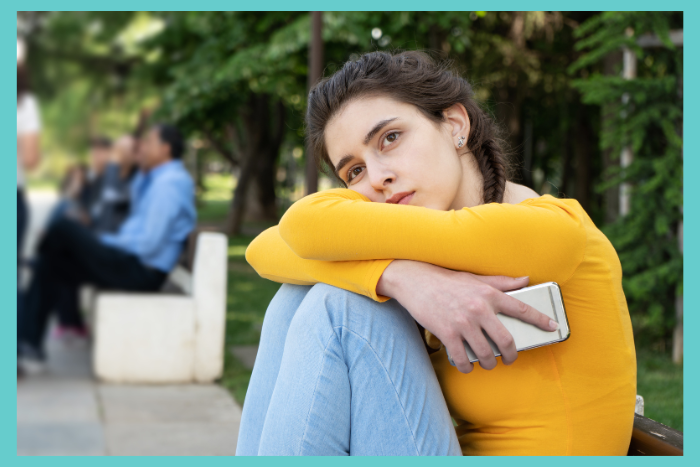Knowing how to talk to a child about acts of violence such as mass shootings can be difficult. Whether they’ve witnessed a violent event or just heard about it, children often feel scared, unsafe, and confused about what happened. They may lose trust in the ability of others to protect them. The emotional trauma they experience has the potential to turn into serious mental health issues, such as anxiety or depression. Talking to a child about what they’ve seen, how they are feeling, and what happens next can be helpful.
Most of us experience grief after the death of a loved one, but feelings of loss and anger can also come from instances of community violence. Processing events like a school shooting takes time. Children need focused attention and guidance when dealing with a violent event, especially one that happened in their community or may have involved someone they know.
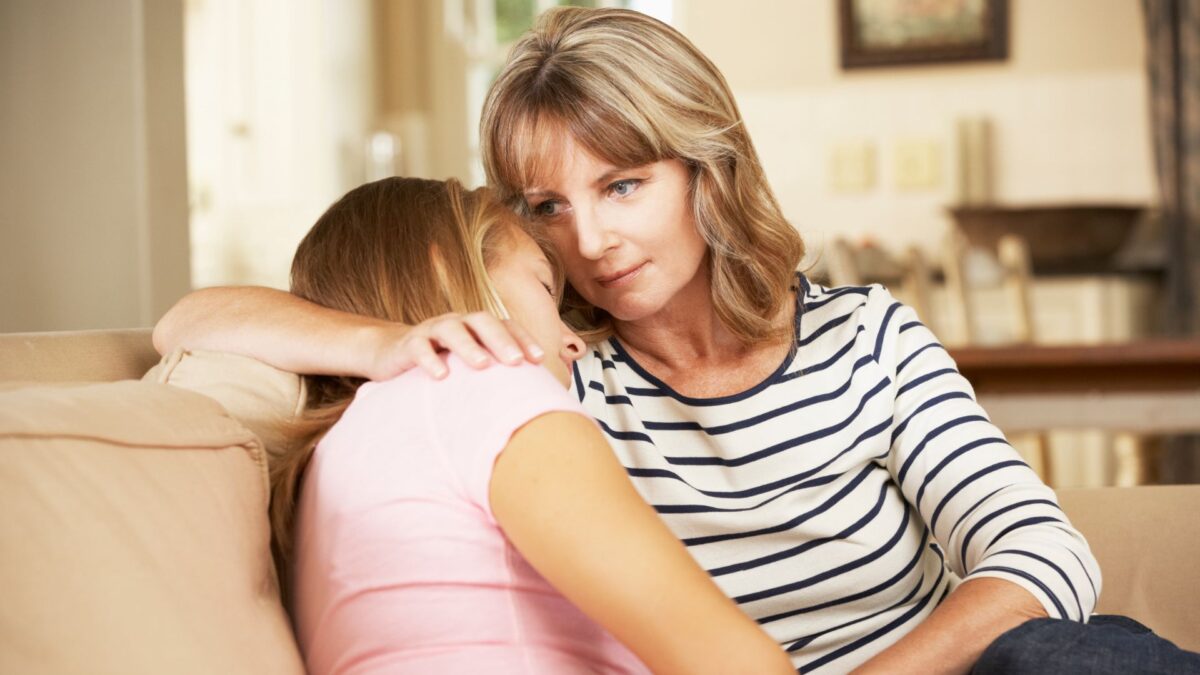
Tips for Talking to a Child About Shootings
Embrace U’s LeTizia Baxter Smith, a psychiatric nurse practitioner, spoke with WPLN, National Public Radio’s Nashville affiliate, days after the Covenant School shooting, where three children and three adults were killed. Smith provided tips on how parents should talk to their children about the shooting and signs of post-traumatic stress disorder (PTSD).
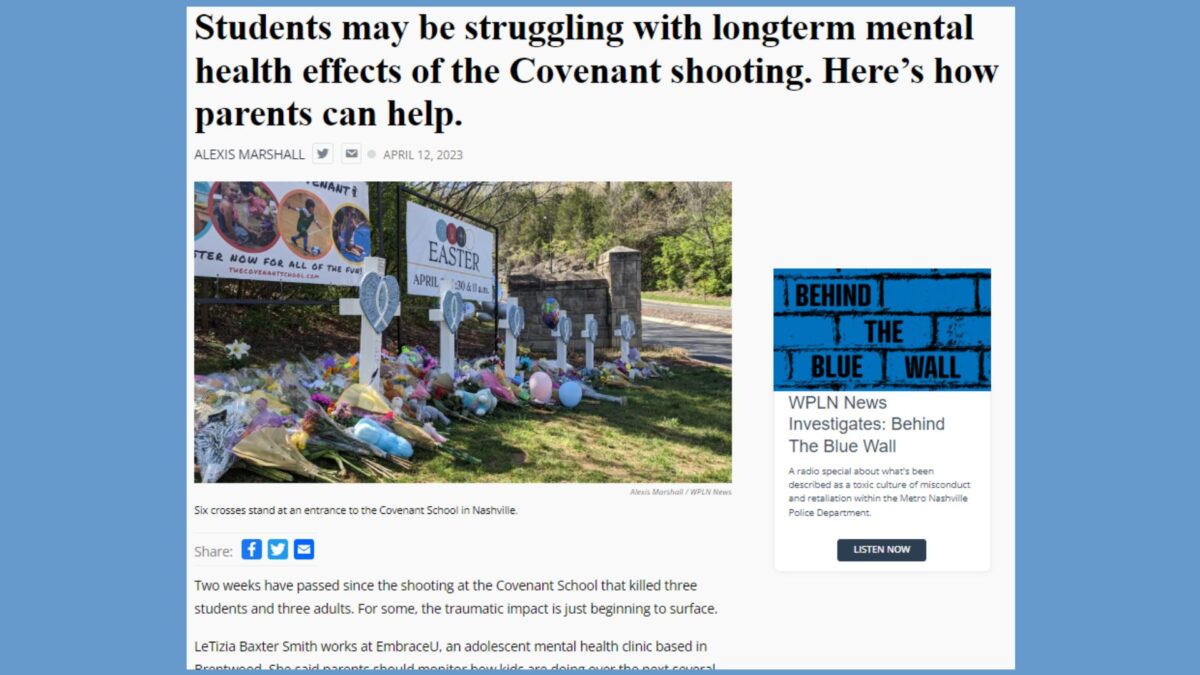
Before talking to your child about a horrific event, make sure your own emotions are being managed. Smith advises parents to go into conversations with their children calmly. Many children will base their reactions on how their parents are reacting. If needed, seek emotional support. One of the most important things adults can do is set an example. Take a “show me, don’t tell me” approach and demonstrate that everyday life routines and expectations still exist. If you come across as anxious, depressed, or overwhelmed there’s a good chance that the children around you will sense that and adopt similar feelings.
Start by asking your child what they know. Let them lead the conversation and try to keep it age appropriate. Be sure to ask your child how they feel.
“Asking what they understand and how are they feeling, will also give you some key indications of what other things you might want to be on the lookout for,” Smith said.
10 Tips on Talking to Children About Acts of Violence
- Remain calm
- Let them steer the conversation
- Ask what they know, and how they feel
- Allow them time to talk about their feelings
- Ask what would help them feel safer
- You don’t need all the answers
- Try to follow your daily routines
- Encourage them to play and have fun
- Limit their exposure to violence on TV
- Encourage them to get adequate rest
“And just remind them that they are loved and supported in the community and that we’re all working towards making sure they are safe,” Smith said. “And if you get to a point where you’ve offered everything you can and it’s starting to impact their school or social interactions that may be the time when you seek professional help.”
Signs of Post-Traumatic Stress in Children
Parents should be on the lookout for signs of post-traumatic stress disorder, or PTSD, after their child has witnessed a violent event, such as a shooting, fight, or vehicle collision.
“What that can look like in your child is intrusive thoughts or flashbacks throughout the day about the event, or really feeling like they’re vividly reliving some of the things that occurred,” Smith said. “They may have avoidant behavior towards people or places that remind them of the event.”
Look for any changes in a child’s mood or behavior. This can include them being withdrawn, or uninterested in activities that they normally find engaging. It could also include changes in their sleep patterns or appetite.
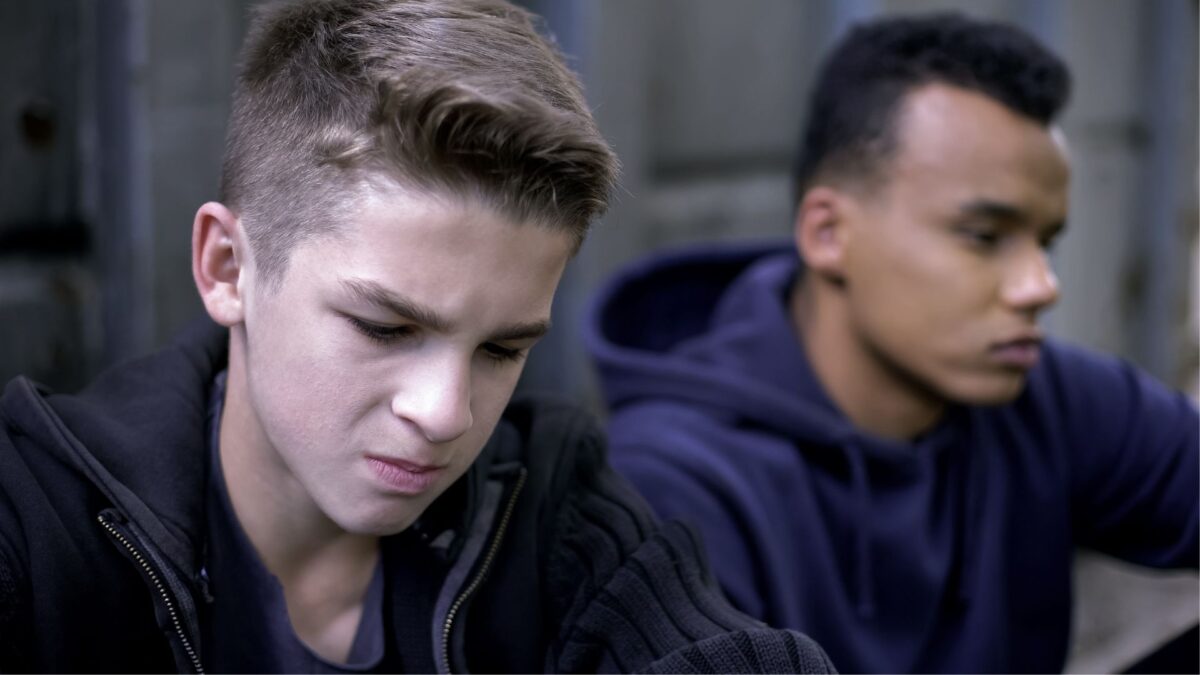
Far-Reaching Mental Impacts of Violence
Children and even adults who were not directly impacted by an act of violence can still experience emotional trauma, Smith said.
“There is a condition called secondary traumatic stress disorder,” Smith told WPLN. “This is when a person has emotional distress that results from hearing the first-hand trauma experiences of other people.”
The condition is often associated with first responders, like police and firemen, emergency room doctors, or soldiers.
“However, students that have watched videos about the tragedy or heard stories can also experience this as well,” Smith said. “That often can manifest itself in anxiety, depression, fatigue, and other symptoms.”
To combat this, Smith encourages parents to limit access to media exposure and start a conversation about what they’ve seen, heard, and how they feel about what happened.
“Children can often discuss things amongst themselves and that can certainly create some misinformation,” Smith said. “So taking that step to have a conversation and explain anything they might be misinformed about can help.”
How to Comfort a Child After a Mass Shooting
Children may feel safer if they know there is a plan if a shooting occurs at their school, Smith said. She suggests parents talk to their kids about what their school is doing to keep them safe. Is there a police officer on school grounds? Do they practice active shooter drills? Do they have a meeting spot? Having a phone to use in case of emergencies could also make a child feel safer.
Smith said it’s normal for children to feel scared and express sadness after a school shooting. The real issue is they are still experiencing symptoms like anxiety or depression months after the event.
“We want to make sure children aren’t experiencing ongoing depression, anxiety, irritability, or difficulty communicating with people like teachers, family, and friends… and that that’s not progressing to suicidal thoughts or anything of that nature,” Smith said. “Remember that shortly after an event like this, it’s very typical to experience symptoms like this. The real issue is when it’s ongoing, so a month or two down the road if they are still experiencing these symptoms and there is not an immediate stressor or traumatic event going on and it’s impacting their day-to-day living, it could be time to seek help.”
Other Resources:
- Managing distress after a shooting – https://www.apa.org/topics/gun-violence-crime/mass-shooting#
- Coping with grief after community violence – https://store.samhsa.gov/sites/default/files/d7/priv/sma14-4888.pdf
- Resources to help youth cope after a mass shooting – https://youth.gov/feature-article/resources-help-youth-cope-after-mass-shooting
Helping Children with PTSD
Intensive outpatient therapy, including behavioral therapy can help determine healthy coping mechanisms or tools a child can use to process and manage difficult thoughts or feelings that may come up.
“That’s going to be individualized from person to person,” Smith said. “If you’ve used all your resources at home and feel like they’re not working it may be time to reach out to an expert to discuss treatment options. Consider giving your child a bigger toolbox with coping skills and other tools they can use.”
Licensed and trained adolescent therapists can be a valuable resource in helping your child process their grief, fear, and confusion about a violent event. One benefit of group therapy is that children learn they are not alone in feeling certain ways. Smith said group setting can help “normalize” a child’s feelings. They can see how their peers are dealing with emotional challenges while offering and receiving support.
“It is very helpful in allowing you to see other ways that people are handling issues and making you think about how you can make your next step unique to your own situation as well,” she said.
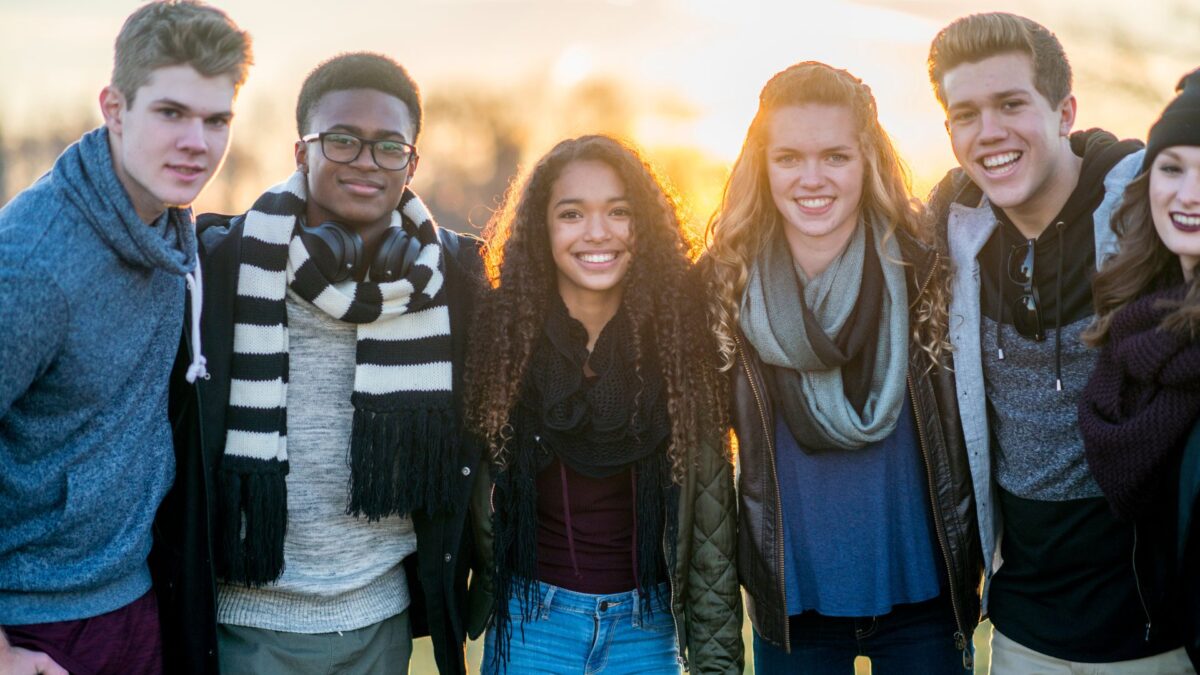
About Embrace U
Embrace U helps adolescents ages 10-18 develop coping skills and confidence to live healthier, happier lives through group therapy programs. We offer structured therapy, education, skills training, and medication management if needed. Care at Embrace U is provided by licensed, qualified professionals. Get more information about group therapy for children dealing with mental challenges at embraceu.com.




